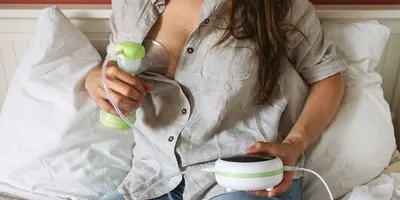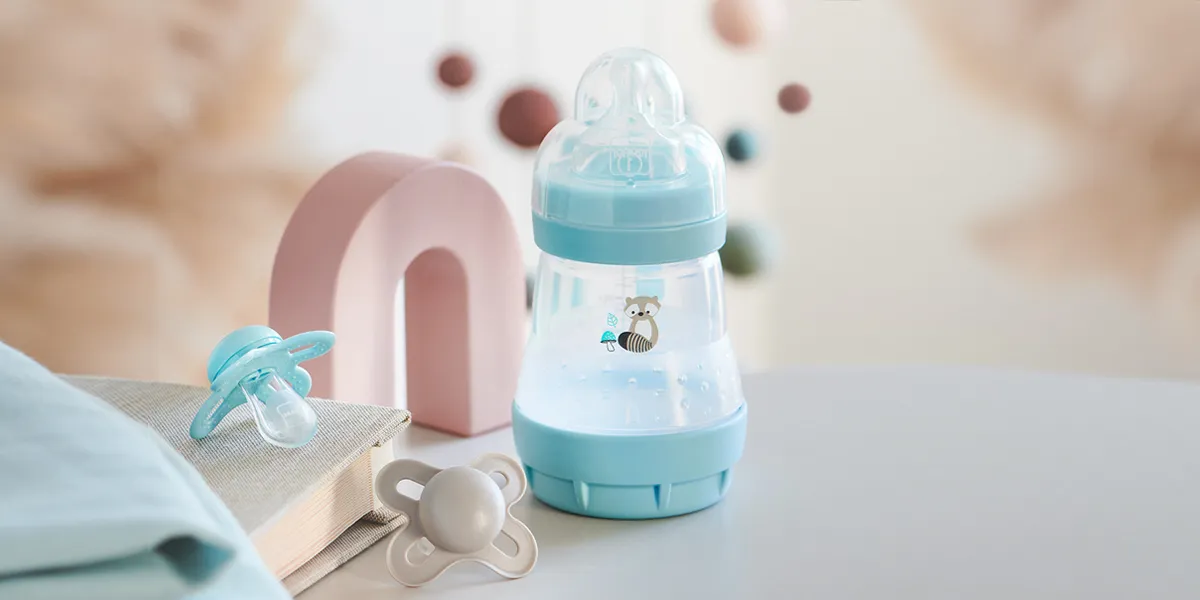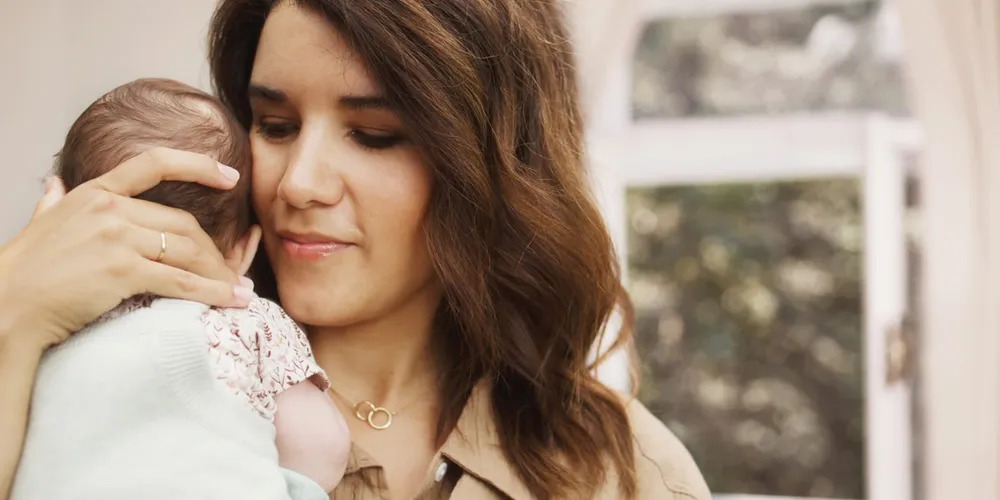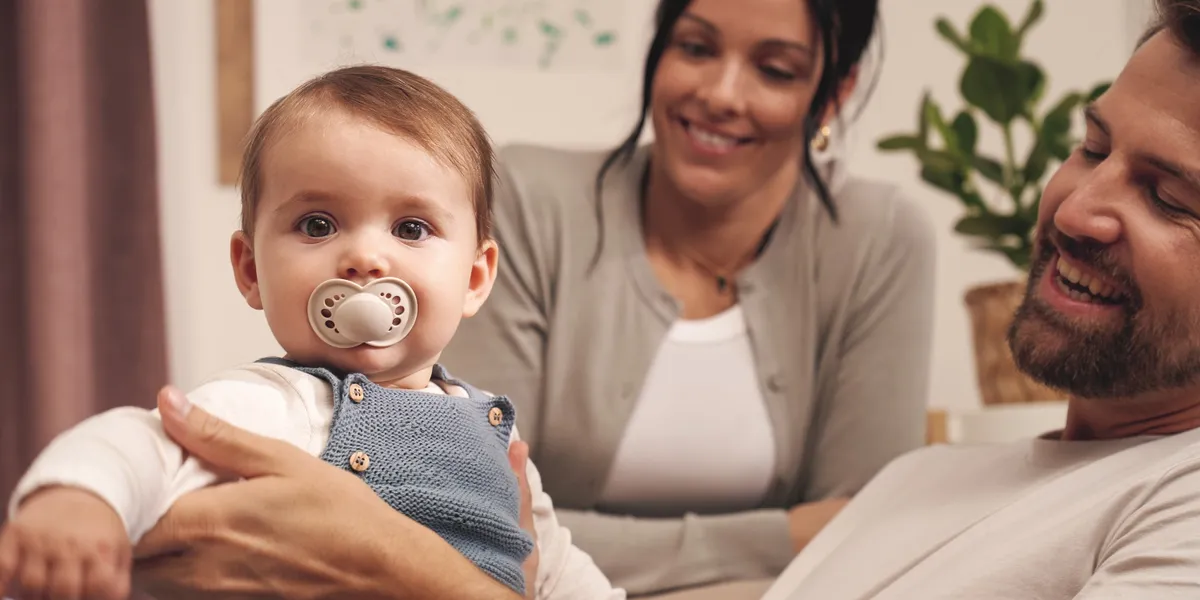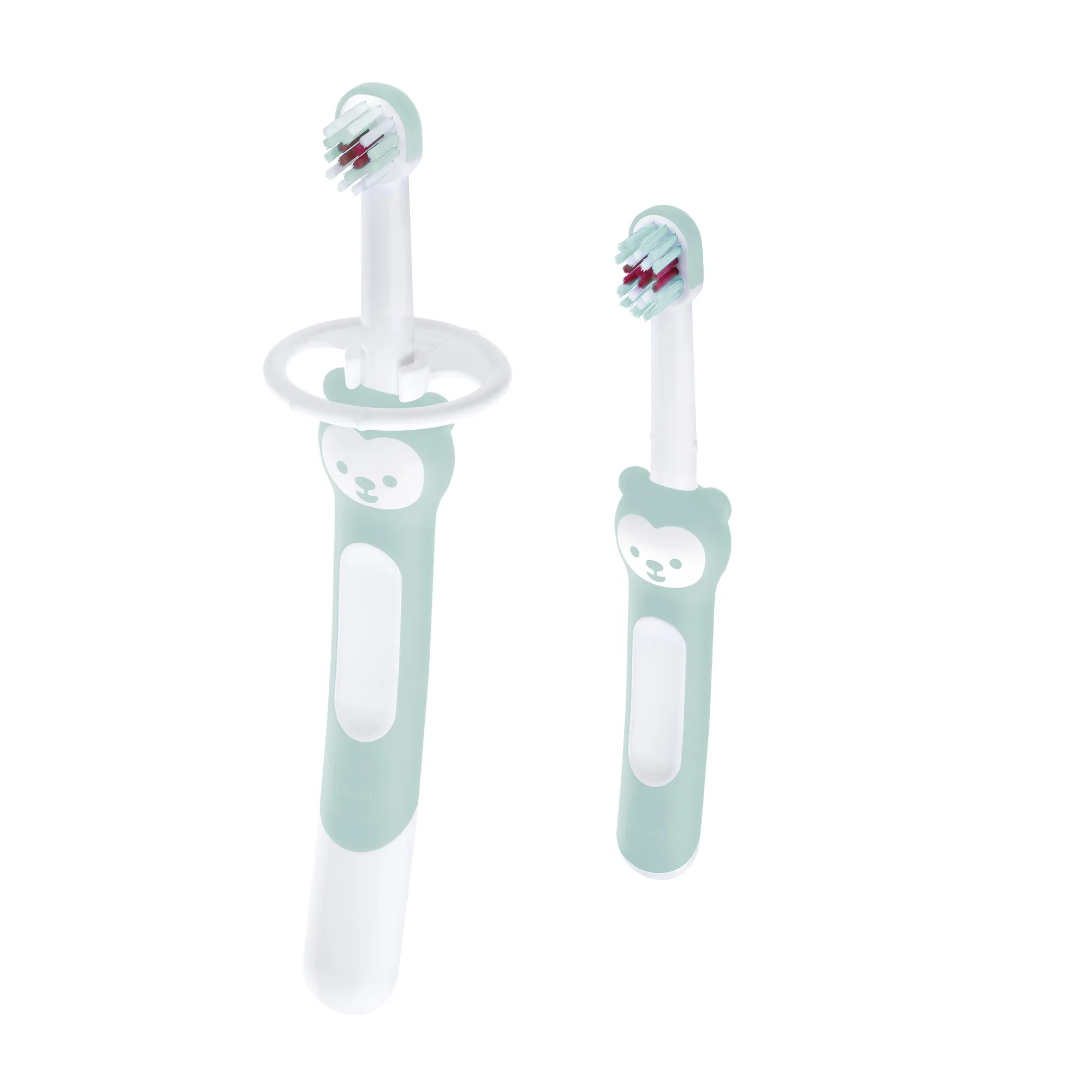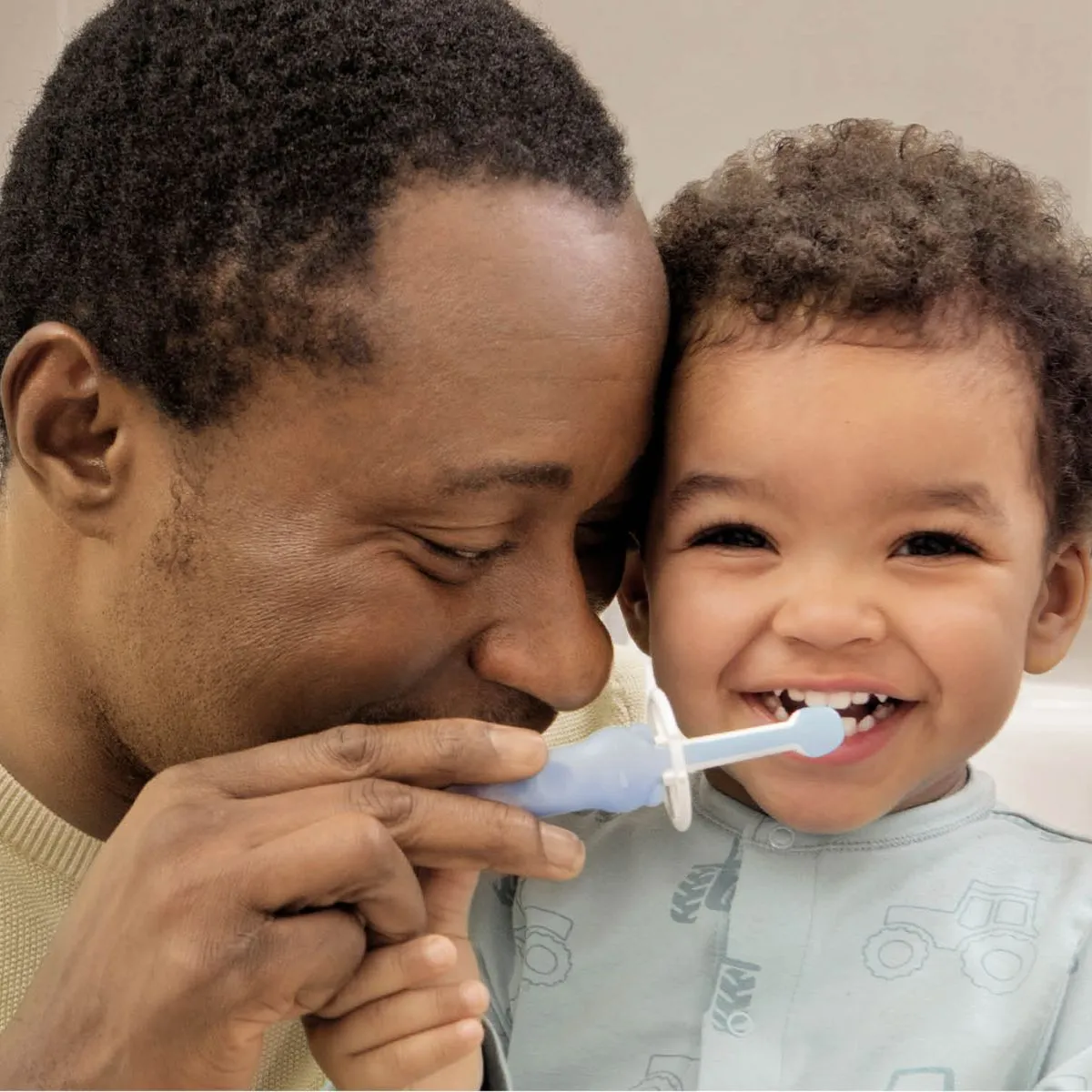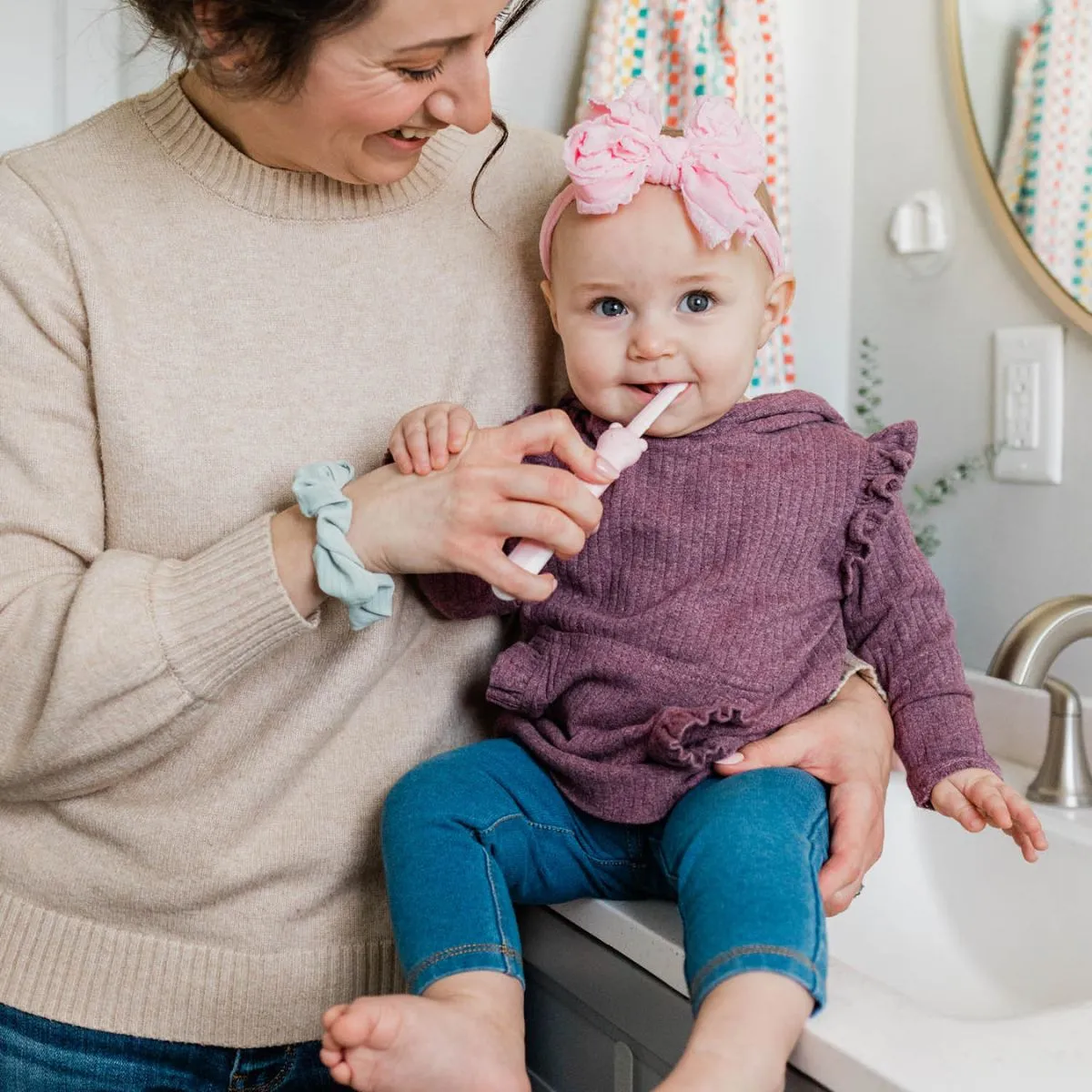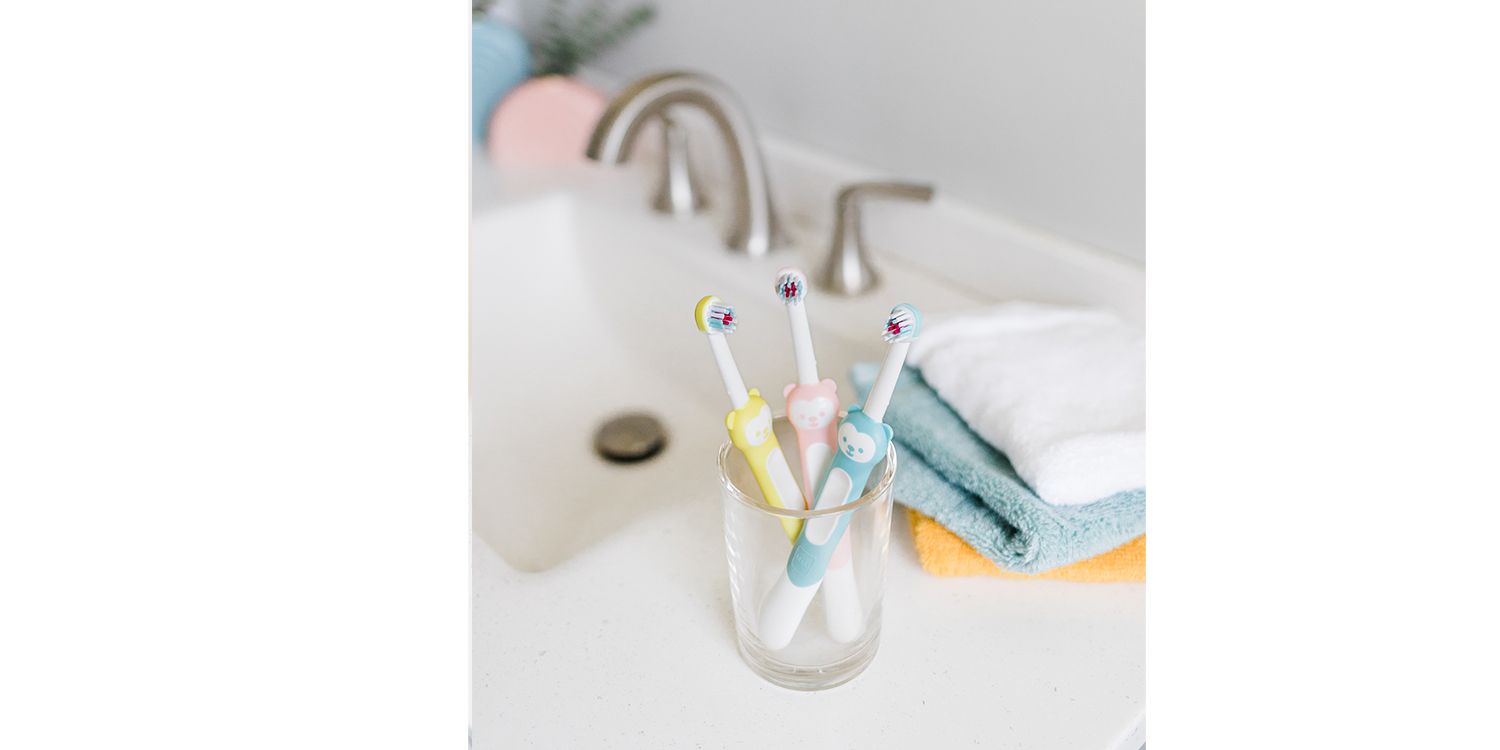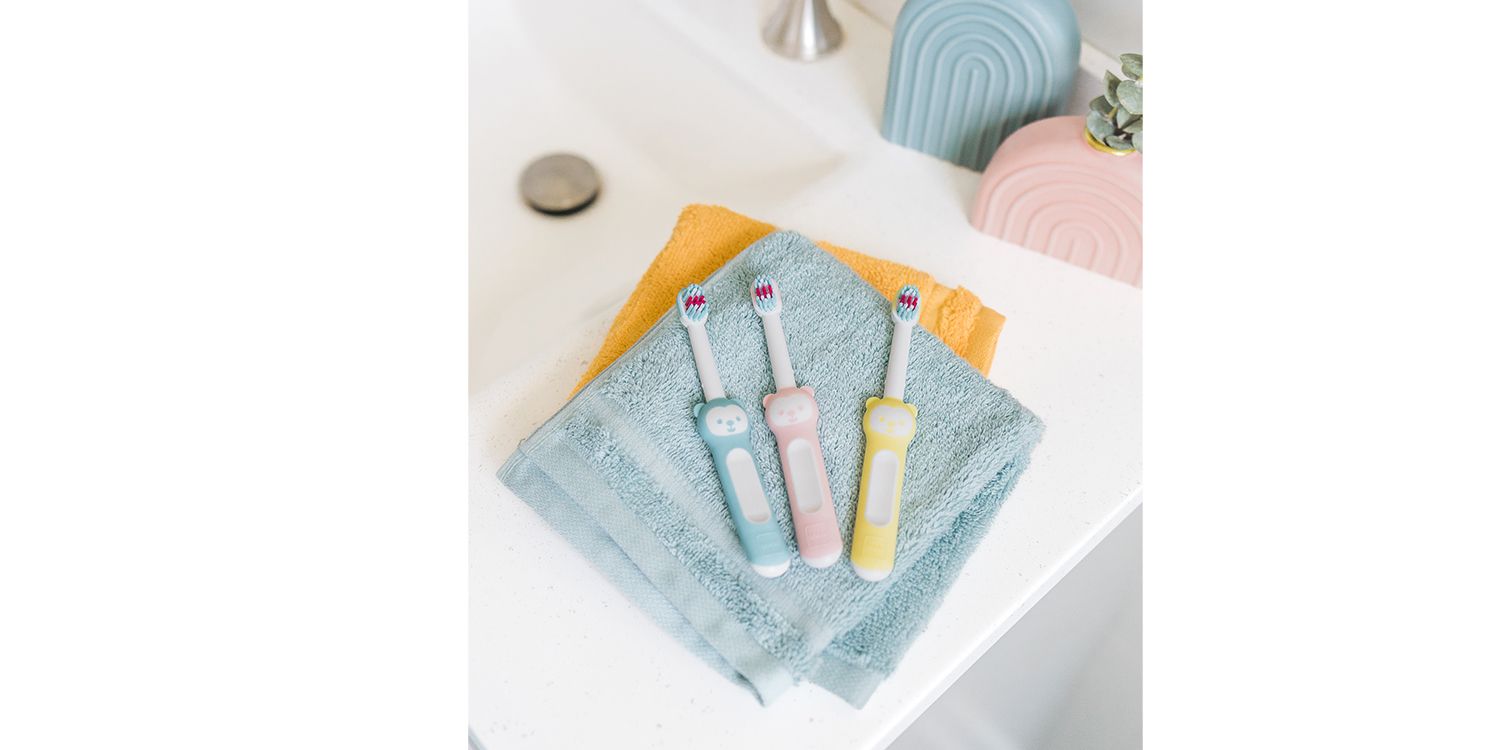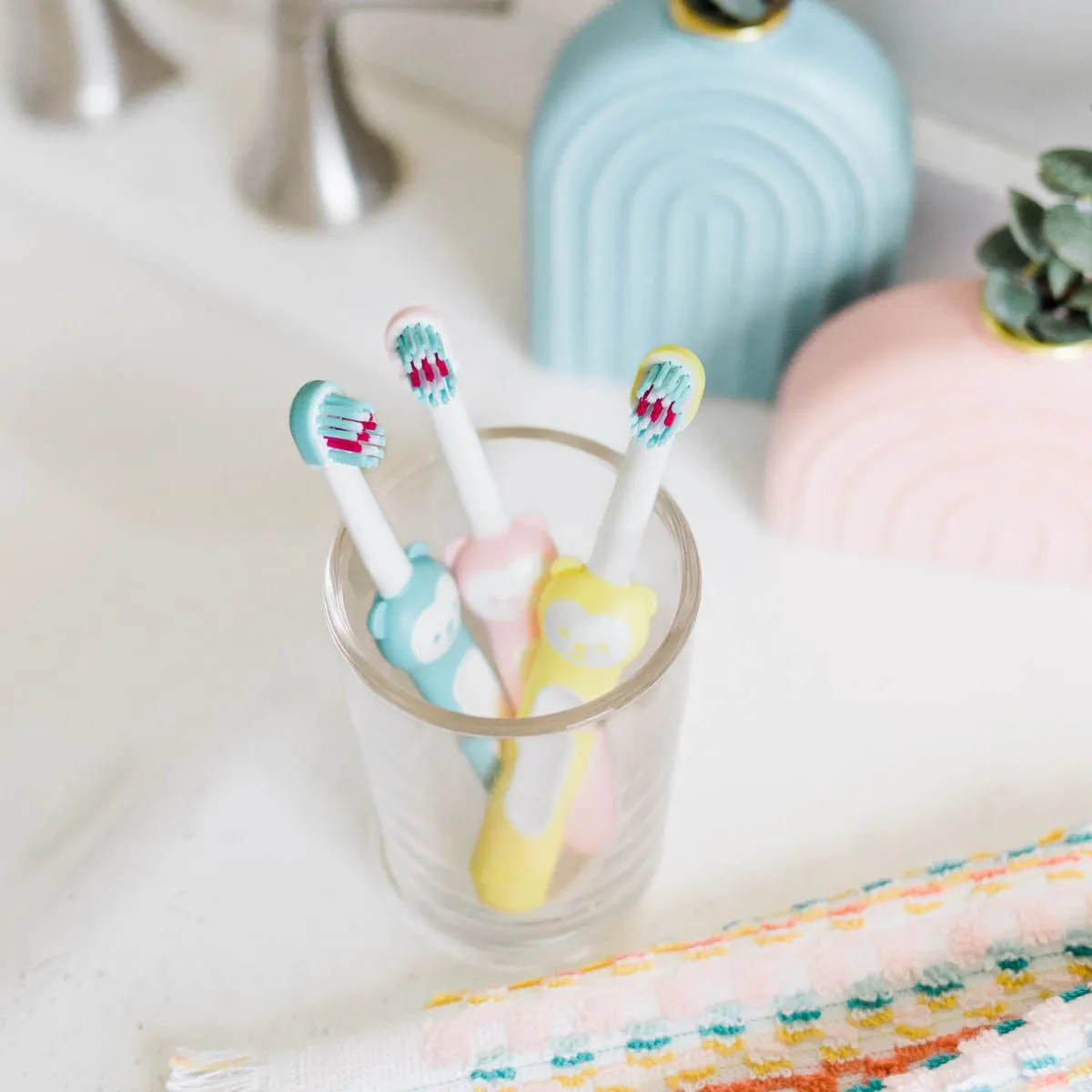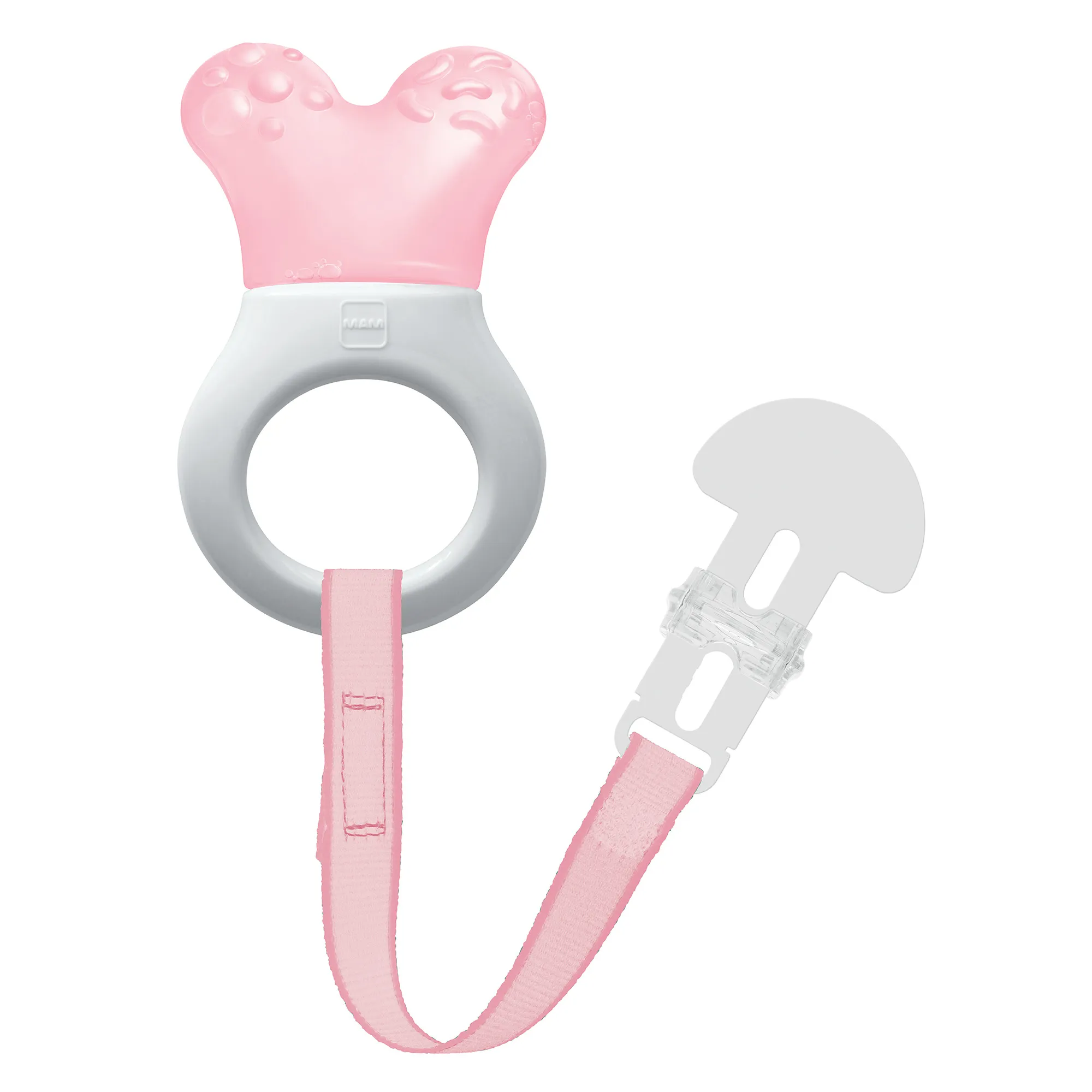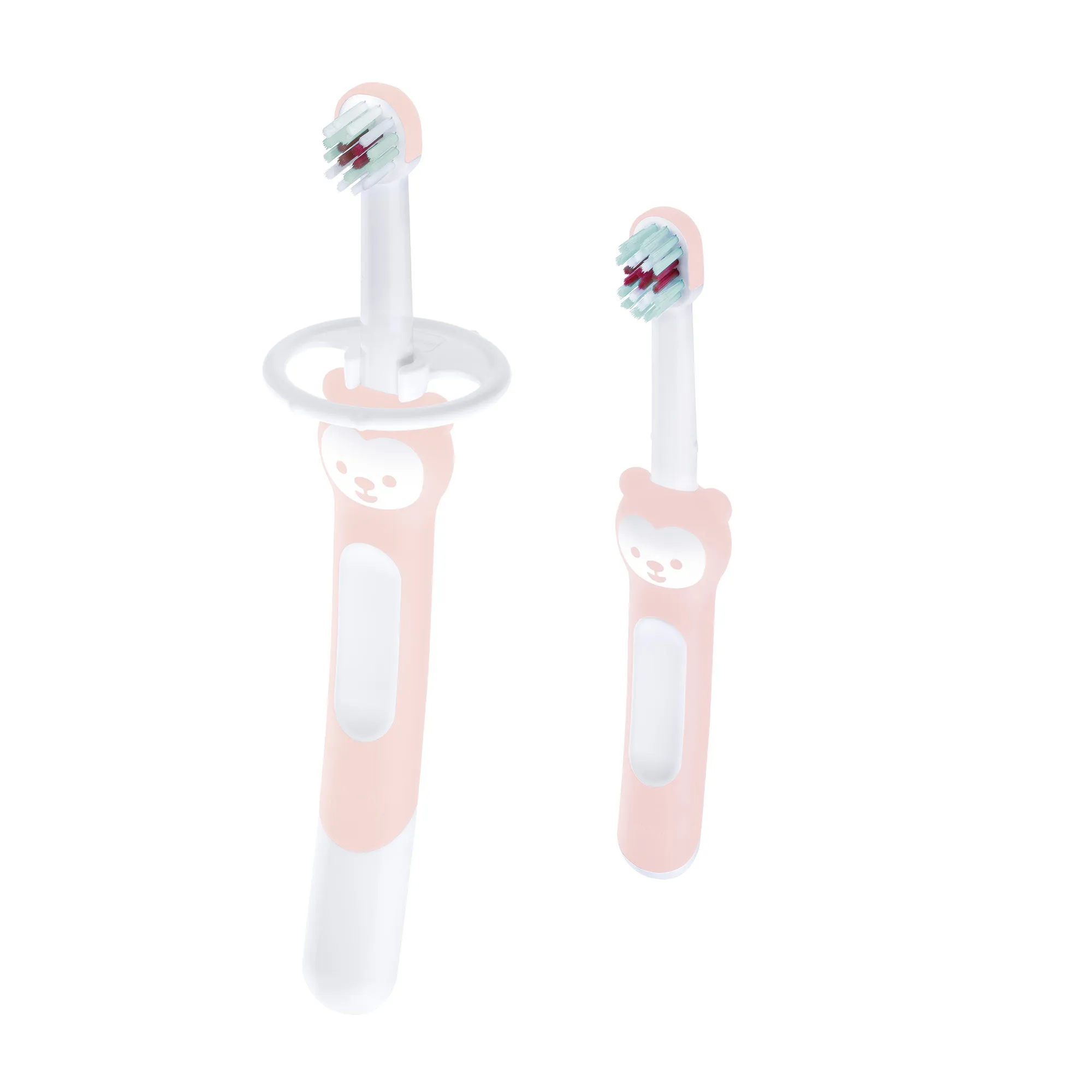Learn to Brush Set - Baby Toothbrushes
- 1x Training Brush
- 1x Baby's Brush
- 1x Safety Shield
With the Learn to Brush Set consisting of the MAM Training Brush and MAM Baby’s Brush babies learn how to brush their teeth properly, right from the beginning.
- Step 1: MAM Training Brush: Extra-long handle enables parents & babies to hold the brush together. Babies can be guided through the correct brushing motions.
- Step 2: MAM Baby’s Brush: Babies can practice brushing independently.
- Developed with medical experts
- Very small head and extra soft bristles are perfect for tiny teeth
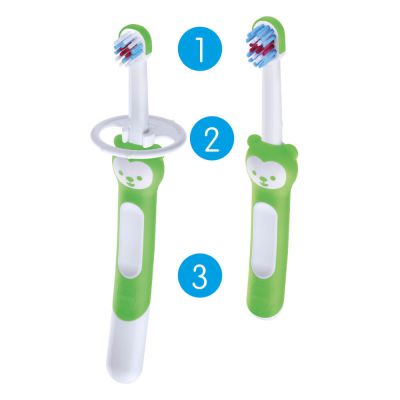
1. HEAD
• Small & rounded with extra-soft bristles
• Red bristles indicate recommended amount of toothpaste
2. SAFETY SHIELD
• Helps to keep brush at safe distance from back of baby’s mouth
3. HANDLE
Training Brush:
• Extra-long handle enables parents & baby to brush together
Baby’s Brush:
• Compact shape – easy to hold for baby‘s small hands
• Non-slip material and ergonomic shape
| Age: | 5+ months |
|---|---|
| Color: | Blue, Pink |
| Product: | Toothbrush |
| Sets, Multi- & Combipacks: | Set |
Product Videos
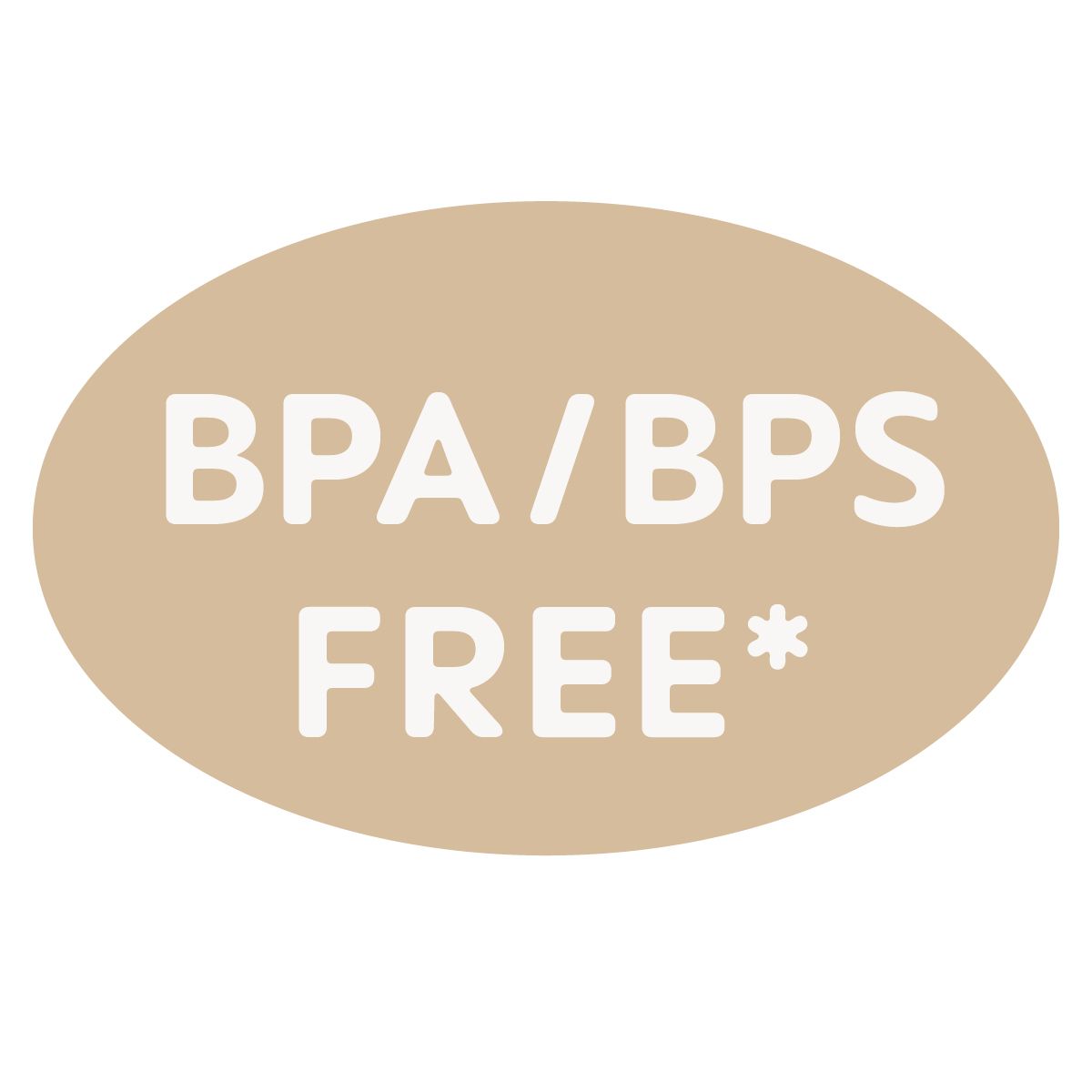
All MAM products are made from materials free of BPA and BPS
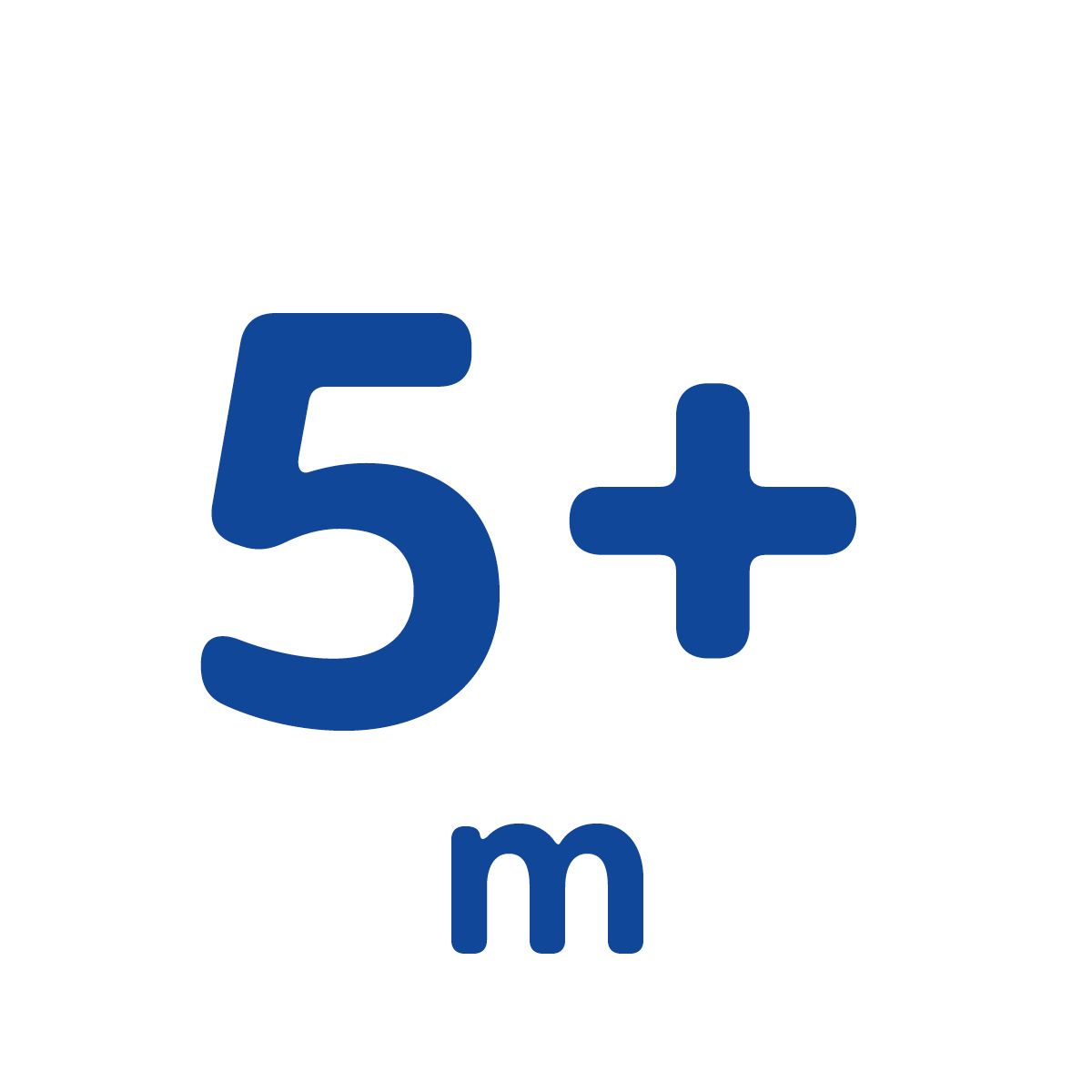
For babies from 5 months
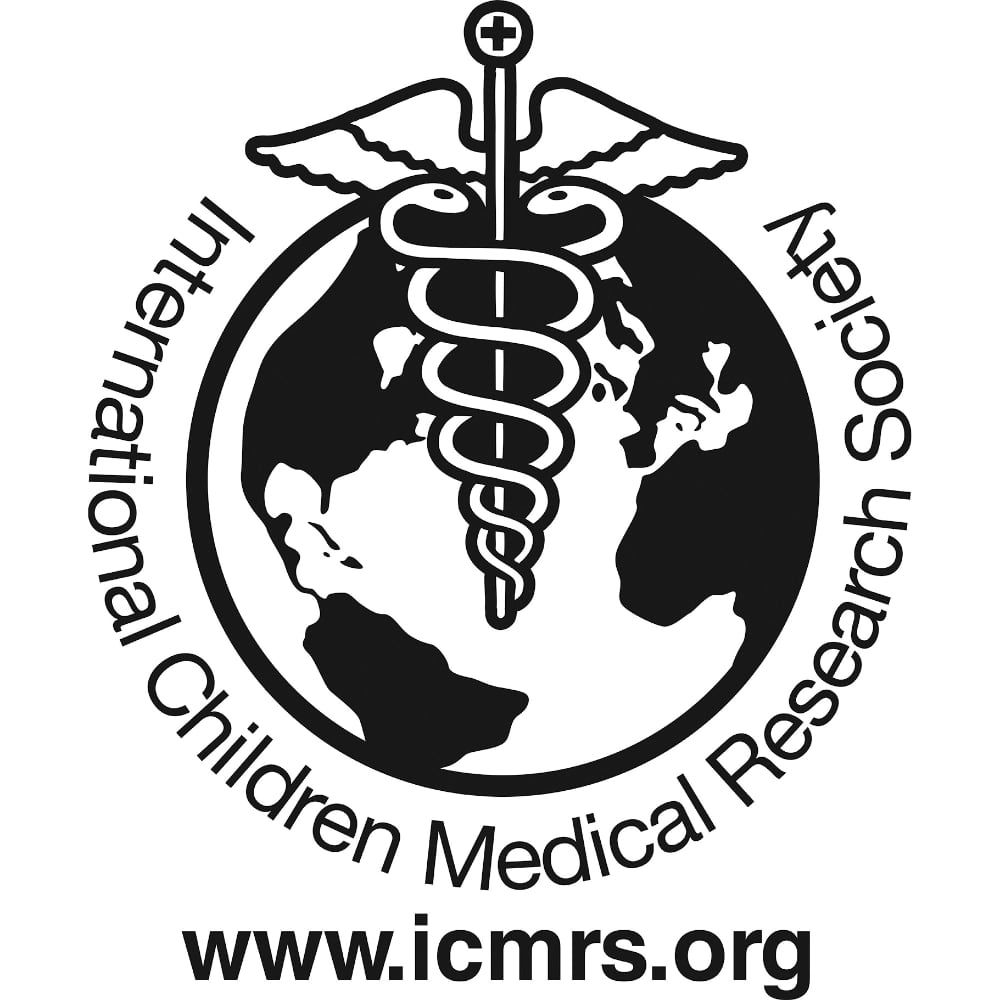
DEVELOPED WITH MEDICAL EXPERTS
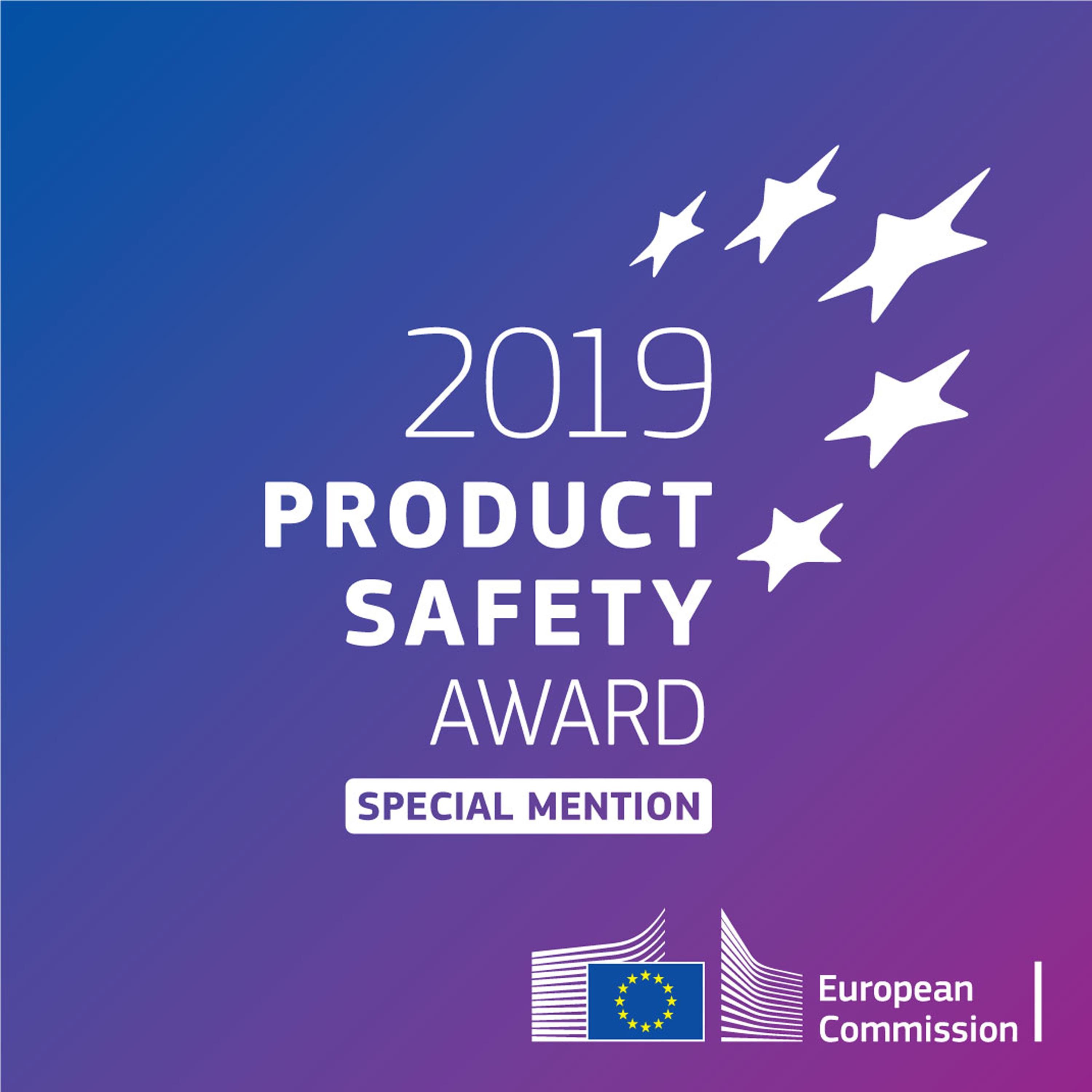
HONORED WITH THE EU PRODUCT SAFETY AWARD 2019
Bisphenol A (BPA) is an important component for the manufacturing of polycarbonate (PC), whereas Bisphenol S (BPS) is an organic chemical used to make polysulfone. Among other items, food packaging, plastic utensils and baby bottles are just a few examples of products made with PC, whereas the main usage of BPS is in thermal papers and inks. The problem: Trace amounts of chemical substances gradually leach out of the plastic into the food and might eventually get into the body. This can affect small children and infants in particular.
As a result of exposure to BPA, experts and studies have seen disruptions to the hormone system and brain, diabetes and heart damage as well as an increased risk of cancer. Although scientific evidence is not yet conclusive, the European Commission - based on the precautionary principle - has banned the usage of BPA in baby bottles in order to protect the health and safety of babies and small children.















